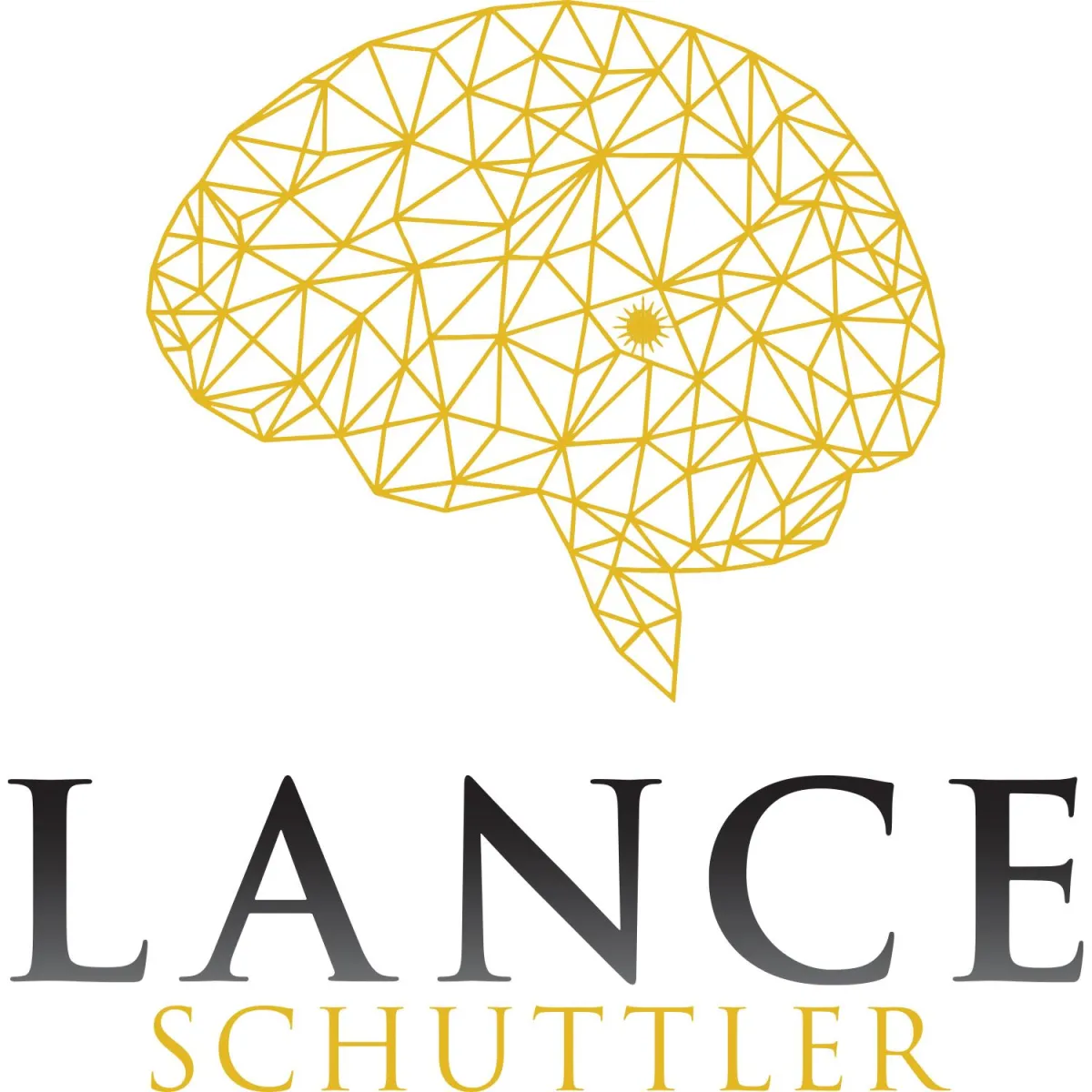
Lance Schuttler is the CEO and Owner of Ascent Nutrition, a unique holistic nutrition company.
He is also a Contributing Health and Wellness Writer at The Epoch Times.
His interests also include regenerative agriculture, resource-based economies and quantum technologies.
Read more of Lance’s Story here



Want To Save 10% ?
Stay up to date with what we have happening by signing up for our newsletter. I do not spam and I only write to you with beneficial and timely information. As a side benefit, you'll receive a 10% discount code to use for your next order at Ascent Nutrition.
We respect your privacy.
© Copyright 2023, Lance Schuttler.
Cookie Policy
